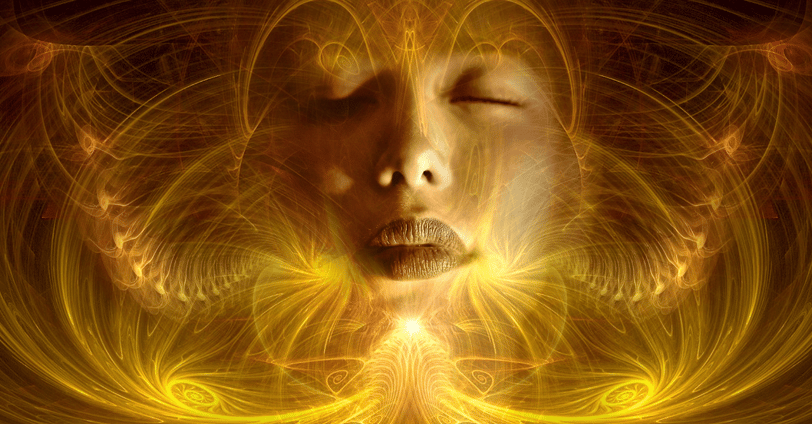Unraveling the Meaning Behind Being "Born Again"
11/28/20233 min read


Title: The Depths of Spiritual Rebirth Unveiled: Embracing Transformation
Introduction:
As we delve deeper into the concept of being "born again," the layers of its meaning begin to unfold, revealing a profound spiritual journey that transcends the boundaries of time and space. The roots of this transformative idea can be traced back to a poignant dialogue between Jesus and Nicodemus, chronicled in the sacred scriptures of John Chapter 3.
Understanding the Concept of Spiritual Rebirth:
Nicodemus, a figure of considerable authority in the Jewish community, approached Jesus with genuine recognition of his divine nature. Astonishingly, despite his deep understanding of the law of Israel and his spiritual connection with God, Nicodemus struggled to grasp the concept of spiritual rebirth—a concept that, as we explore further, proves to be far from an abstract prophecy confined to the realms beyond life.
Jesus' Wisdom and the Continuous Transformation:
Jesus, in his wisdom, likened the process of being reborn to the movement of the wind—an analogy that transcends time and space. This rebirth, he emphasized, is not a distant, post-mortal occurrence but a continuous transformation transpiring within our present selves. It symbolizes an inward change, a shift from spiritual inertia to a heightened state of divine consciousness—a rebirth in the here and now.
Unveiling the Essence of Rebirth:
To comprehend the essence of spiritual rebirth, we must navigate through its key components. Two pivotal steps emerge—the relinquishing of the old and the wholehearted embrace of the new. Symbolically, water is often employed to represent the purification process, a cleansing from the impurities of sin and materialistic contamination. It mirrors the shedding of old tendencies, paving the way for a rejuvenated spiritual journey. The Spirit, in this intricate dance of symbolism, represents the fresh life of harmony—a divine influence that aligns our mind and body with a higher purpose.
Overcoming Skepticism and Embracing Imperfection:
Throughout history, skepticism has plagued the concept of spiritual rebirth, just as it did in the time of John the Baptist. The Pharisees, confident in their moral standing and religious excellence, rejected the symbolic act of baptism. Today, similar attitudes persist, as individuals blinded by perceived perfection dismiss their flaws and worldly desires. The cautionary tale remains—true spiritual rebirth demands acknowledgment of one's imperfections and a genuine willingness to embark on the transformative journey.
The Layers of Transformation Unmasked:
The nature of this rebirth extends beyond a mere change of religious affiliation; it encompasses a profound shift from a worldly to a spiritual consciousness. This metamorphosis, catalyzed and accelerated by the acceptance of truth, involves every facet of human existence—the spirit, the soul, and the body. To be "born again" is to be reborn as a "new creature," not merely an upgraded version of the old self but a manifestation inspired by the mindset of Jesus himself.
The Ongoing Odyssey of Spiritual Transformation:
The odyssey of spiritual rebirth is an ongoing process, a continuous unfolding of the self on the path to higher enlightenment. It beckons us to constantly discard the old, shedding layers of complacency and spiritual lethargy, and to embrace the new—a fresh perspective infused with divine wisdom and understanding.
Unveiling the Hidden Connections:
As we progress in our understanding of being "born again," the threads of connection between ancient wisdom and contemporary relevance become more apparent. The struggles faced by Nicodemus mirror our own struggles to comprehend the intricacies of spiritual rebirth. The skepticism of the Pharisees resonates in the skepticism prevalent in today's world—a skepticism that blinds individuals to the transformative potential of acknowledging one's spiritual state.
Embracing the Fullness of Spiritual Consciousness:
In conclusion, the journey of being "born again" is not a mere theological concept relegated to religious discourse; it is a living, breathing reality that beckons us to embrace the fullness of spiritual consciousness. It challenges us to discard the old, confront our imperfections, and wholeheartedly embrace the transformative power of spiritual rebirth.
In the grand tapestry of existence, the concept of being "born again" emerges as a timeless thread, weaving through the fabric of human experience. It is an invitation to transcend the limitations of our temporal existence and connect with the eternal. In embracing this invitation, we embark on a journey that leads not only to personal transformation but to a collective awakening—a rebirth that has the power to illuminate the path to a higher, more harmonious consciousness.
